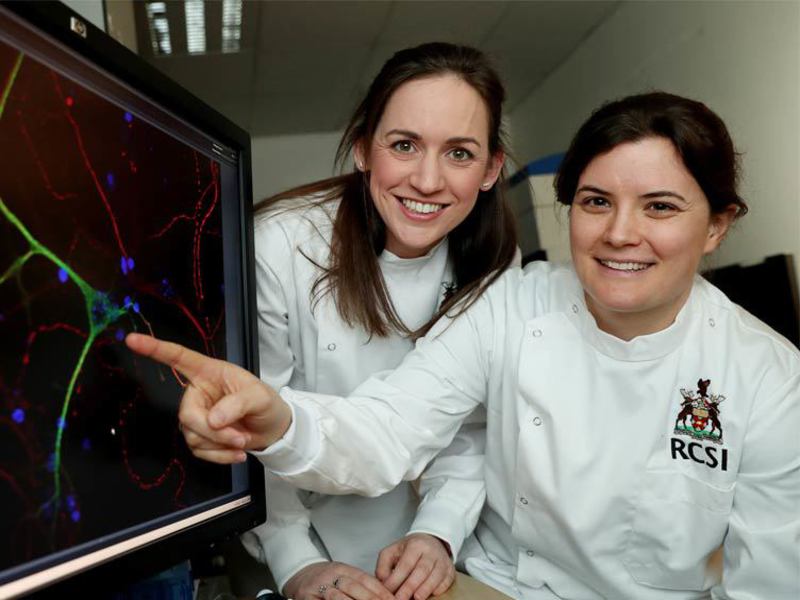
The Royal College of Surgeons in Ireland (RCSI) has been awarded a grant for a new research project that seeks to improve scientific understanding of Parkinson’s disease and lead to the development of more effective treatments.
The €7m award from the Innovative Medicines Initiative (IMI), a partnership between the European Union and the European pharmaceutical industry, will be used to gain better insights into Parkinson’s by studying the brain cell damage associated with the disease. This information is expected to facilitate more effective treatments.

Discover B2B Marketing That Performs
Combine business intelligence and editorial excellence to reach engaged professionals across 36 leading media platforms.
During the three-year research study, the team will focus on the mitochondrial malfunction in Parkinson’s patients. Mitochondria are linked to cell death and neurodegeneration.
Though evidence on the role of mitochondria in the disease is available, no effective therapies have been created based on this information, noted RCSI.
The project, dubbed PD-MitoQUANT, will be coordinated by Royal College of Surgeons in Ireland (RCSI).
In addition to RCSI, the project comprises 13 partners, including Teva Pharmaceutical Industries, Lundbeck, and UCB. It will bring together academic experts, SMEs, pharmaceutical firms from the European Federation of Pharmaceutical Industries and Associations, as well as patient advocacy organisation Parkinson’s UK.

US Tariffs are shifting - will you react or anticipate?
Don’t let policy changes catch you off guard. Stay proactive with real-time data and expert analysis.
By GlobalDataPD-MitoQUANT coordinator and RCSI Centre for Systems Medicine director professor Jochen Prehn said: “This project will join forces with top scientists in academia and industry to bring a fresh look on how we identify and test novel drugs for the treatment of this devastating movement disorder.”
Existing therapies do not improve all Parkinson’s symptoms. In addition, the treatments cannot stop, slow, reverse or prevent disease progression over time.
The researchers hope that systematic understanding of the disease obtained during the new project will allow improved tools for the early stages of drug development.
RCSI Research and Innovation director professor Raymond Stallings said: “Research that informs improved treatments for patients is at the core of RCSI’s mission to lead impactful research that addresses Irish and international health challenges such as Parkinson’s.”
Statistics from Parkinson’s Foundation reveal that more than ten million people are affected by the neurodegenerative disease globally. Incidence of the disease increases with age.




